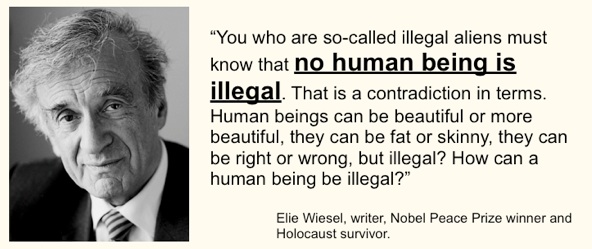Or the arbitrary cat, horse, or pig
I think Mark Liberman may have been concerned that perhaps my post "Pronominal reference to the arbitrary dog" hinted at being tempted toward the Recency Illusion. Not true, of course: even when surprised by some point of usage that I notice, I never conclude I must therefore be the first to have encountered it. On encountering the use of singular they for a dog, I didn't say "This has never happened before"; I said "we should expect this sort of use to increase in frequency." But anyway, just in case, Mark sent me some other cases of animals being referred to with singular they. They presumably indicate that where sex is irrelevant, the use of it should nonetheless be avoided, because it might offend the animal.
https://www.bengalcats.co/why-do-cats-knead/
You see, the repetitive movement is not only serving as a way to promote milk flow, it also encourages maternal instinct and establishes a bond between a cat and their kittens.
http://www.ancientegyptonline.co.uk/cat.html
When a cat died, their human family would go into a deep mourning and shave their eyebrows.
[By the way, notice that the foregoing example is ambiguous (cat's eyebrows vs. family members' eyebrows), and the ambiguity is caused solely by the refusal to use it for the arbitrary cat. People will risk being incomprehensible rather than change their mind about whether they could compromise on a pronoun gender choice. Or maybe the point is just that people do not avoid, and do not know to avoid, or even notice, dangers of ambiguity for the hearer or reader.]
Read the rest of this entry »
Permalink Comments off

